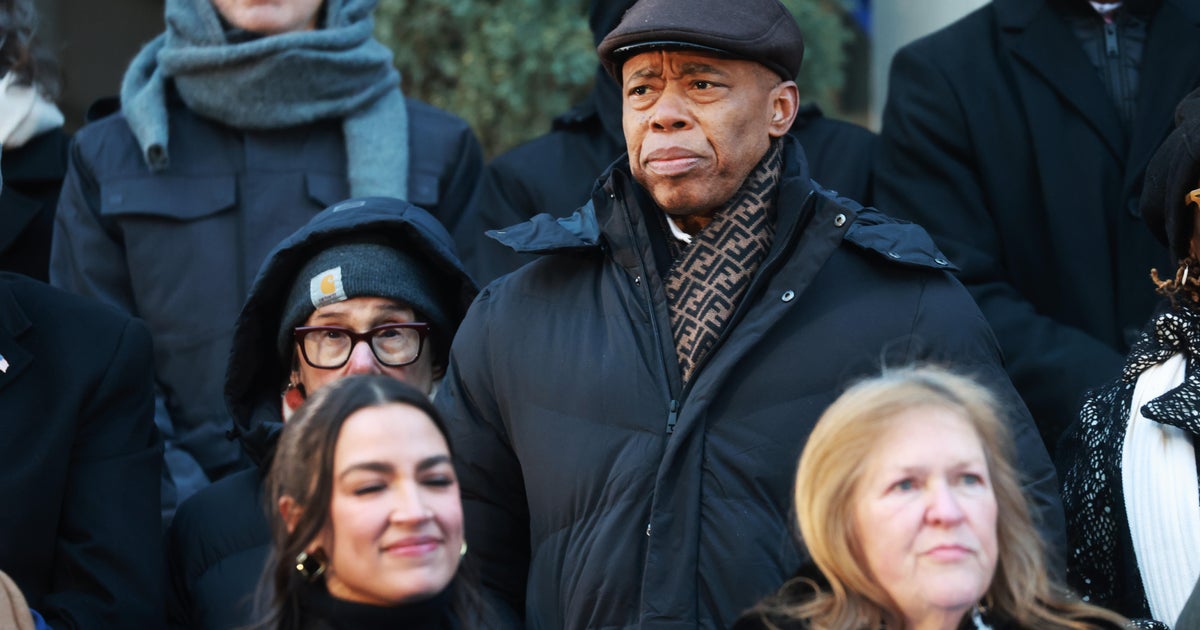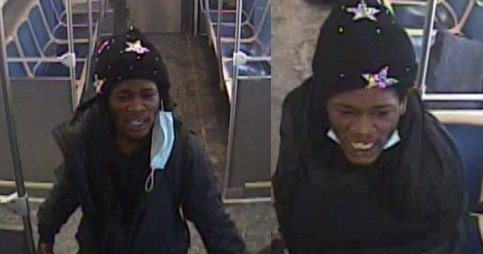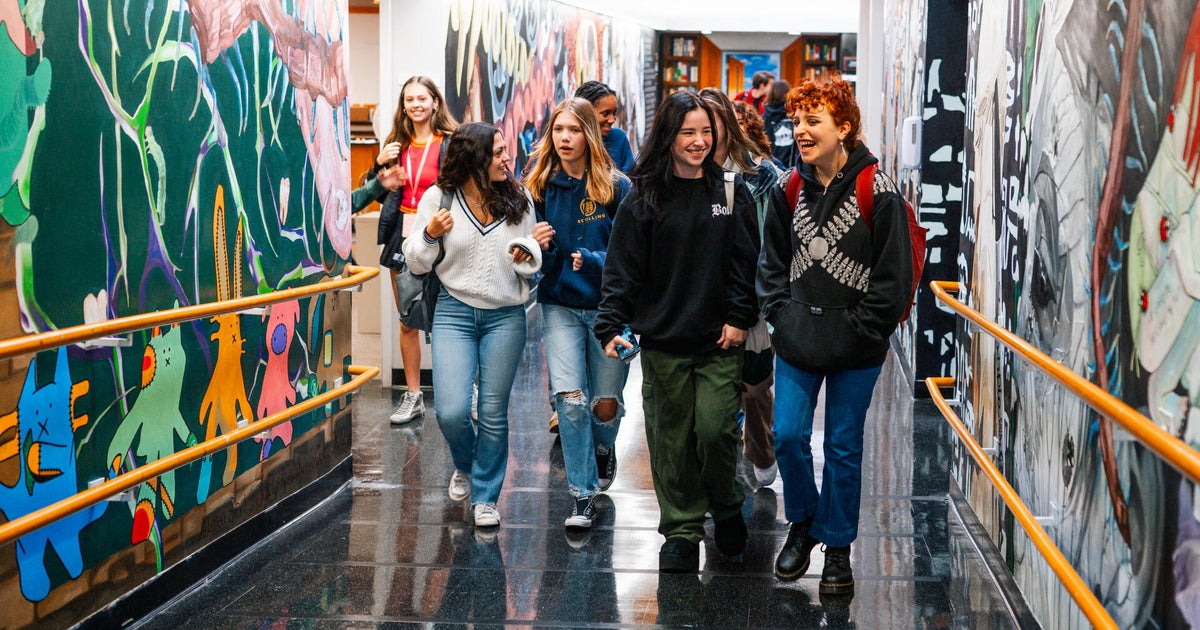Baltimore Elections Director Discusses Primary Problems
ANNAPOLIS, Md. (AP) -- The lack of participation by some election judges was the main reason some polls opened late in Baltimore during Maryland's primary, the city's election director told a panel of state lawmakers on Tuesday.
Armstead Jones said those judges who did show up didn't always feel comfortable they knew enough to open the polls. Jones also told senators that training for the state's transition to a new voting system also was a problem. Sen. Joan Carter Conway, D-Baltimore, asked Jones why polls wouldn't open -- even when there were enough judges available at the location.
"The problem, senator, is simply this, and I say this all the time, if we have ... seven people in a precinct, I guarantee you there's only two or three people that know what they're doing," Jones said. "That's the bottom line."
Jones faced a variety of questions from senators about election problems in the city during the state's April 26 primary.
The city will recruit an additional 400 judges to increase the pool for the city's 296 precincts, Jones said. For the primary, the city added 400 judges to the 1,700 it had in 2014, and still had problems getting enough judges to show up.
Sen. Nathaniel McFadden, D-Baltimore, questioned why this is still an issue in the city, after Baltimore had similar problems in 2006. Jones said part of the problem is it's only a one-day job, complicated by the fact that a new voting system was being used.
"We're going to sit down with the trainer," Jones told the panel. "We're going to make an assessment. I'm going to give him some feedback, especially from what the judges have indicated and what I've seen, and we're going to definitely make some adjustments to make this thing work."
Linda Lamone, the state administrator of elections, said the state will work to help Baltimore find more elections judges -- similar to an effort that was undertaken in 2006. Lamone also said an expert will be working with the city to help better organize a warehouse where elections material is stored. Lamone also said the fact that the city elections board's main office is a significant distance from the warehouse complicates the logistics of moving election material on election night.
"When I went up there and saw what Armstead has to deal with, I was just appalled," Lamone told the board.
The city had a crowded Democratic primary for mayor. State Sen. Catherine Pugh won the nomination in the heavily Democratic city. A group of Baltimore activists has filed a federal complaint against the city and state elections board alleging irregularities. The election was preliminarily certified, but on May 12 officials ordered that it be decertified to conduct a review of irregularities, including discrepancies between registered voters who checked into certain polling places and the number of ballots cast. The results were recertified May 25.
(Copyright 2016 by The Associated Press. All Rights Reserved.)







